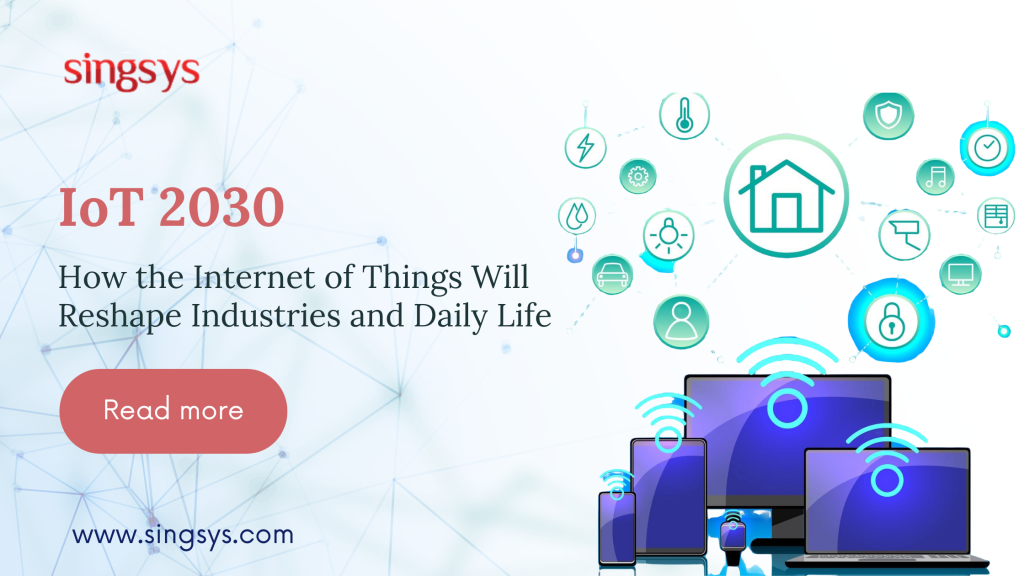May 27th, 2025

The food and hospitality industry is rapidly evolving, and technology is leading this transformation. One of the most impactful developments in recent years is the integration of Artificial Intelligence (AI) into restaurant management. From improving customer experience to optimising inventory and enhancing operational efficiency, AI is proving to be a vital tool for restaurants seeking to thrive in a competitive market.
In this blog, we’ll provide a comprehensive step-by-step guide to using AI for restaurant management. Whether you run a small local café or a large restaurant chain, these insights will help you understand how to harness AI to improve your operations, increase profitability, and delight your customers.
(more…)The year is 2030, and the world is a highly connected ecosystem where the Internet of Things (IoT) touches almost every aspect of our daily lives. From autonomous vehicles to predictive healthcare and responsive cities, IoT has moved far beyond its early stages to transform industries and fundamentally shift how we interact with the world around us.

Let’s explore this future in detail, supported by trends and statistics that indicate just how significantly IoT will shape our lives in the coming years.
(more…)
With the increasing complexity of business needs and technological advancements, hybrid cloud environments—integrating on-premises and cloud resources—are becoming a popular choice for organisations.
This approach offers flexibility, scalability, and cost efficiency, allowing businesses to host critical workloads on-premises while using cloud platforms for additional storage and applications. However, this dual approach also brings unique security challenges, particularly in controlling data access and managing potential vulnerabilities across both environments.
(more…)
Developing mobile apps in Singapore comes with its fair share of challenges. These include device compatibility, code quality, and high battery consumption. Despite these obstacles, the cost advantage of mobile app development in Singapore compared to other countries is worth noting.
In addition, Singapore’s large population of mobile app users and its reputation as an attractive destination for developers worldwide provide ample opportunities for growth in the industry.
(more…)In the quick-paced digital world of today, it’s more important than ever to select the right digital marketing agency to take your business to the next level. With so many agencies out there, finding the perfect fit can seem overwhelming. But fear not! By following a step-by-step approach, you can discover the ideal partner to boost your brand’s online presence.

This ultimate guide will lead you through the crucial steps to choose the perfect digital marketing agency in Singapore, guaranteeing that your investment pays off big time.
(more…)